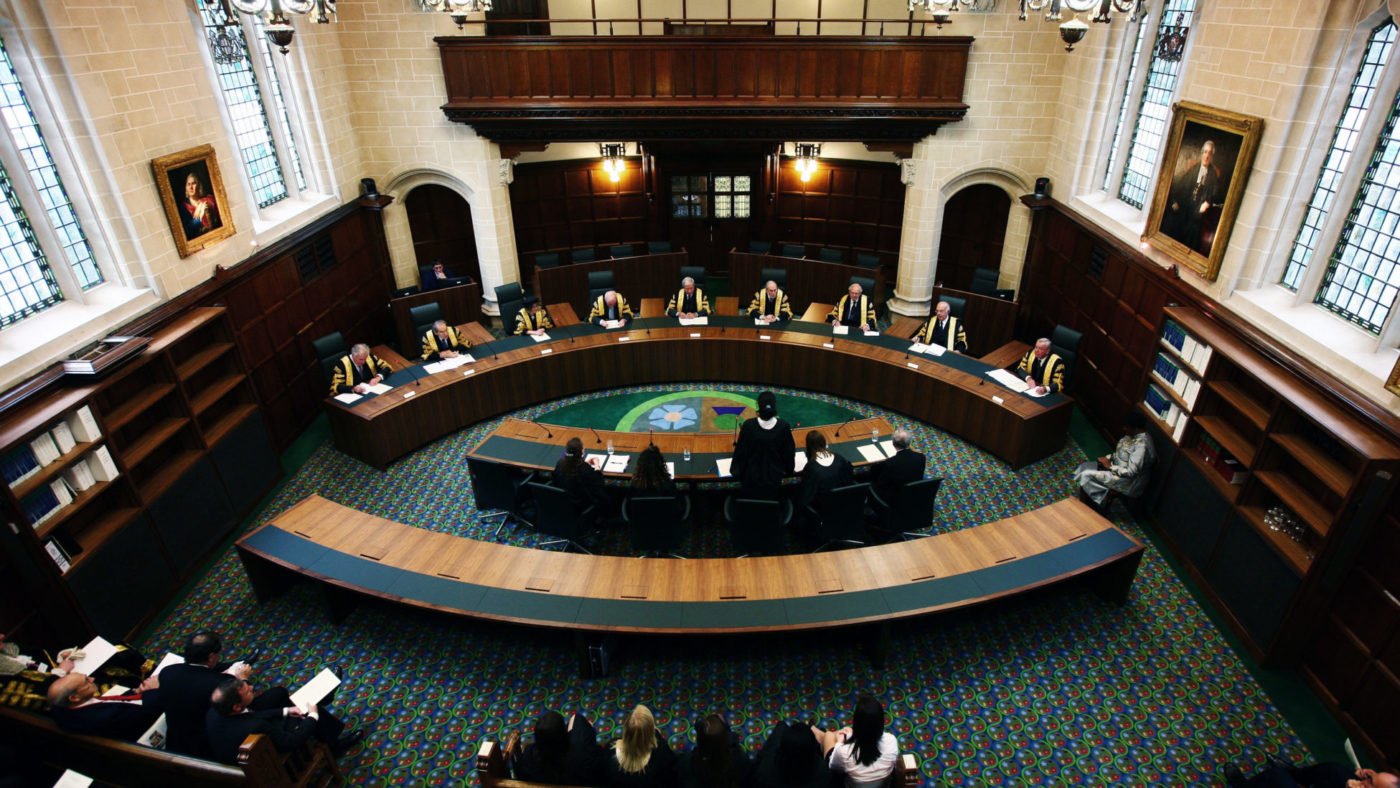The British law throws up all sorts of oddities. Some are quaint, such as the still active 14th century edict that all beached whales be offered to the reigning monarch. Most are harmless enough, or so ludicrous that they are simply ignored by public and police alike — the 1872 Licensing Act, which outlaws being “drunk in the pub”, springs to mind.
Then there are our divorce laws, which are under fresh scrutiny today after Tini Owens was denied a divorce from her husband Hugh. A wife’s being unhappy is, according to the judges’ interpretation of the law, insufficient grounds.
Certainly, the legislation has come a long way over the last couple of centuries. Until 1857 it required an Act of Parliament for a couple to go their separate ways, meaning it was an option only for the filthiest of the filthy rich. It took until 1923 for women to be able petition on grounds of adultery – though they were still required to provide proof, while their husbands were not.
Subsequent legislation expanded the grounds for divorce, though the idea that a woman had to prove an offence rather than simply being unhappy remained hardwired into the legal system.
The big change came in 1969 with the Divorce Reform Act, which allowed couples to split if they were both willing to. Nonetheless, that legislation kept intact clauses that have left Tini Owens stuck in her marriage — namely that if one party does not agree to the divorce, the couple must remain separated for fully five years before one is granted. It is one of five grounds contained in the 1969 act, the other four being adultery, unreasonable behaviour, two years’ separation with consent and desertion.
Quite what Parliament had in mind when the five-year stipulation was drafted is puzzling, though presumably there was some forlorn hope that over time the unhappy party would see the error of their ways and come running back to the marital home.
As for today’s case, the facts are simple enough. In 2015, Tini Owens left the home she shared with Hugh and filed a petition for divorce, citing a breakdown in the relationship. So far, so simple, except Hugh – described perhaps euphemistically as “old school” by the first trial judge – decided he wasn’t having it.
His refusal to go along with the petition meant his wife was compelled to produce examples of his poor behaviour. These were then dismissed as “flimsy” by the Family Court, rejected again by the Court of Appeal and eventually reached the Supreme Court, whose ruling means Mrs Owens is stuck in a defunct marriage, albeit only for another two years.
The whys and wherefores of this particular relationship aside, it’s manifestly absurd that Tini Owens’ own feelings are not sufficient justification for being able to leave her husband when she wants.
And while it may be tempting, and in some quarters fashionable, to berate judges, they are by no means the villains of this piece. Their job is applying the law, even when their judgment makes very clear they think it is an ass.
As Lord Wilson notes in the Supreme Court’s lead judgment, the courts “take no satisfaction when obliged to rule that a marriage which has broken down must nevertheless continue in being”. He goes on to explicitly suggest that Parliament “may wish to consider whether to replace a law which denies to Mrs Owens any present entitlement to a divorce”.
The whole idea of needing to find blame or one party being “entitled” to a divorce seems almost laughably outdated, but it has serious repercussions. Indeed, the law means couples who have simply drifted apart are often forced to contrive reasons for their separation to satisfy one of the five legally acceptable grounds for divorce — a situation which can itself lead to wholly unnecessary recriminations. It also forces more divorces to court, when the government wants the opposite.
This issue hasn’t come out of nowhere. Campaigns for “no fault” divorce have been going on for some time, it also shows a lack of responsiveness on the part of Parliament when it comes to issues that are not necessarily vote-winners, but impact on a lot of people’s lives.
There’s no good reason to keep the likes of Tini Owens in marriages they want to leave. If modern conservatism means anything, it means reforming — and in doing so, strengthening — important institutions like marriage. The Government should heed the advice of the Supreme Court and bring Britain’s divorce laws into the 21st century.


